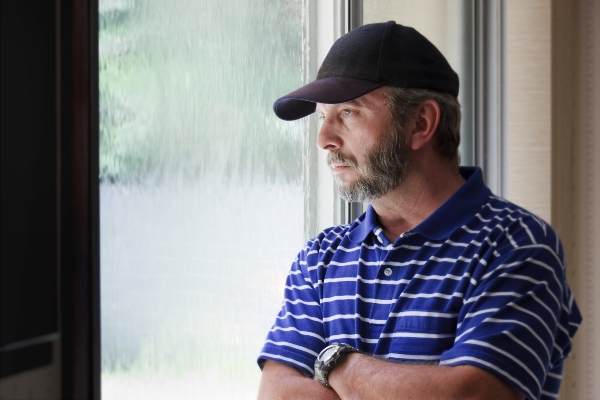 Antidepressants are the main treatment that a psychiatrist prescribes to a patient for depression. However, not all patients respond to these drugs, and even when someone does see a reduction in symptoms, the results may not appear for months. For some patients, especially those with imminent suicidal tendencies, months, or even weeks, is too long to wait to feel better. Fortunately, there are faster alternatives. Ketamine therapy and esketamine are both quick-acting, and they may be options for those who are not responding to traditional depression medications.
Antidepressants are the main treatment that a psychiatrist prescribes to a patient for depression. However, not all patients respond to these drugs, and even when someone does see a reduction in symptoms, the results may not appear for months. For some patients, especially those with imminent suicidal tendencies, months, or even weeks, is too long to wait to feel better. Fortunately, there are faster alternatives. Ketamine therapy and esketamine are both quick-acting, and they may be options for those who are not responding to traditional depression medications.
Uses and benefits of ketamine and esketamine
One of the big benefits of these two treatment methods is that patients notice results quickly. Some notice a symptom reduction after the first treatment, while others may notice improvement after two or three sessions. Studies also show that both have a higher success rate than antidepressants, with ketamine therapy being a bit more effective than esketamine.
A psychiatrist will often prescribe either treatment for patients with treatment-resistant depression. This refers to someone who has tried two or more antidepressants with no results. Some psychiatrists will also prescribe esketamine to patients who have major depressive disorder and have suicidal thoughts, as the goal is to get the patient out of the depressive state as soon as possible.
Differences between the two
Although both treatments derive from ketamine and work similarly to reduce depression symptoms, there are some differences.
Administration
A patient takes esketamine via a nasal inhaler. The patient administers it him- or herself while in a healthcare setting and is then closely observed by a psychiatrist or other trained provider. Each session lasts a total of two hours, and in a four-week time period, the patient administers around eight doses. Based on the results of the initial treatment, the patient may come in once a week or every two weeks for follow-up sessions.
The administration of ketamine therapy occurs intravenously. A trained healthcare professional administers the dose and observes the patient for 90 minutes. Five to six sessions occur over the course of two to three weeks. Follow-up sessions are by recommendation by the prescribing doctor.
For both treatments, a trained provider monitors the patient for side effects, as all medication comes with some risk. Side effects associated with both methods include a rise in blood pressure, dissociation, sedation, nausea, and dizziness.
FDA approval
In 2019, the Food and Drug Administration gave approval for the use of esketamine as a treatment for depression. In 1970, it approved ketamine for use as an anesthetic. However, ketamine therapy has not yet received approval for use as a depression treatment. Even so, doctors prescribe it off-label for depression and other conditions like pain, anxiety, and post-traumatic stress disorder.
Conclusion
One of the complaints about antidepressants is that they take a while to work. A psychiatrist may recommend fast-acting ketamine therapy or esketamine if a patient is a good candidate.
Compared to most antidepressants, ketamine therapy and esketamine bring quick relief to patients with depression. Make an appointment with our psychiatrist to see if either is a potential treatment for you.
Request an appointment or call Future Psych Ketamine Clinics at 843-788-9718 for an appointment in our Myrtle Beach office.
Recent Posts
Fibromyalgia treatment has become an important focus in helping patients effectively manage the widespread and often challenging symptoms of this condition. While fibromyalgia can involve chronic pain, fatigue, and cognitive disruptions commonly known as brain fog, there are now more tools than ever to support those affected. With a growing understanding of the condition, treatment…
Psychedelic therapy uses specific substances in a controlled, therapeutic setting to support mental and emotional healing. It has gained attention for its potential to help people struggling with conditions like depression, anxiety, and post-traumatic stress disorder (PTSD) — especially when other treatments have not helped. This kind of therapy is always done under professional guidance…
Many people think psychiatrists only help with diagnosing and treating mental disorders, but they can also aid those with chronic pain. They focus on both the physical and emotional sides of pain. With personalized care, psychiatrists can give patients useful tools and strategies to manage their symptoms and improve their quality of life.Per the Cleveland…


